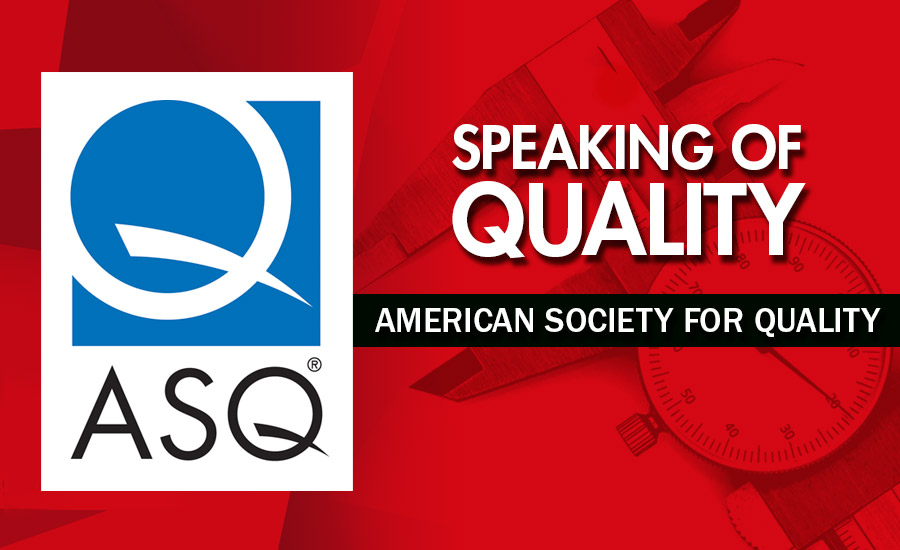President John F. Kennedy famously said, “Ask not what your country can do for you – ask what you can do for your country.” This was his challenge to every American citizen to contribute in some way to the public good. People volunteer for a variety of reasons but most commonly because it offers the chance to give back to their community or to expand their knowledge and skill set.
ASQ is a membership organization led by members. With nearly 3,000 member leaders (aka volunteers) supporting the global quality community, ASQ is able to provide enhanced expertise, professional networks, tools, and solutions to help its members—and their organizations—advance their products, services, and industries. ASQ member leaders help provide quality-related training, professional certifications, and knowledge to their fellow ASQ members via publications, multimedia, and through face-to-face and virtual interactions.
ASQ’s core strength is its local presence. Through a vast network of member-led sections (what other associations call chapters) in the U.S., Canada and Mexico and through country counselors scattered around the world, sections and local member communities support ASQ’s mission of empowering people and organizations in order to achieve excellence through quality. Each local section is run by dedicated quality professionals and practitioners who volunteer their time and talents to provide presentations, workshops, training courses, meetings, webinars, networking events, recognition, and scholarships.
Discussing challenges and experiences while sharing a meal during an ASQ dinner meeting cannot be replicated through web conferencing. For example, I once attended an ASQ dinner meeting and explained to my tablemates that I had been laid off the week prior and was now desperately searching for work. I had the good fortune to be sitting across the table from a gentleman who happened to be looking to hire a QC Manager. Fate intervened and I was soon back to work with a 12% salary increase! My local ASQ section provided more than just this networking opportunity; what got me the job was a combination of education, skills, training and ASQ certifications. My certifications were earned after attending preparation courses taught by local ASQ trainers.
As with most professional certifications, ASQ requires recertification for most of its certifications every three years. I began volunteering for my ASQ section for purely selfish reasons: to earn recertification credits. I was naïve because now, after more than 25 years of service as an ASQ member leader, I have earned much more than recertification units. Beyond the self-satisfaction gained by giving back to the quality community, serving as a member leader enabled me to develop a variety of skills, hone my leadership methods, and build a vast global network.
Volunteer service within a professional society allows one to develop skills that they may not normally refine while at work. ASQ member leaders can learn financial skills while serving as a treasurer, enhance writing skills as a newsletter editor, expand upon one’s marketing and social media skills, develop sales skills when trying to recruit advertisers and exhibitors, and much more.
Managers at a workplace have inherent authority that is not available to leaders within volunteer organizations, therefore member leaders need to deploy a servant leadership style, which focuses primarily on the growth and well-being of people and the communities to which they serve. The servant-leader shares power, puts the needs of others first and helps people develop and perform as highly as possible. However, the more difficult task is keeping volunteers engaged. Member leader engagement requires placing volunteers within a culture that provides clear direction, empowerment, and ample appreciation and recognition.
Regardless of their motivation, what unites ASQ member leaders is finding challenging and rewarding service that pays dividends for ASQ members, the greater quality community, and themselves. Q




